CEDHARS
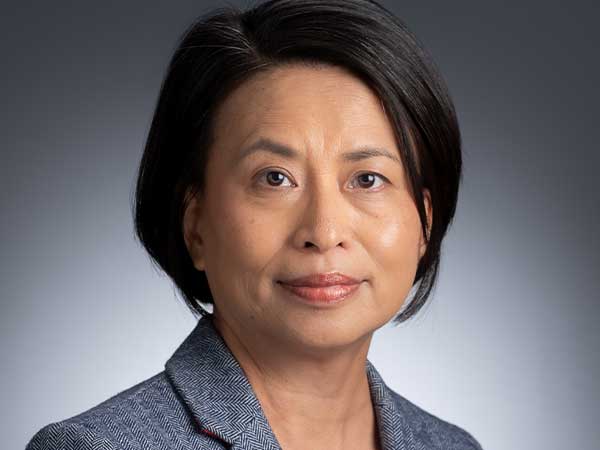
CEDHARS co-director awarded PVA research grant to shrink SCI data gap
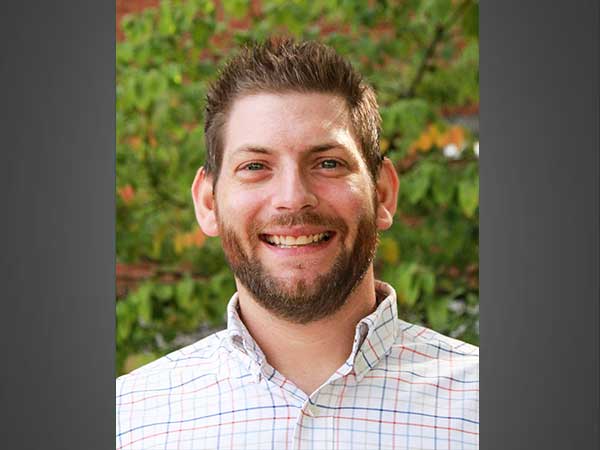
Rehabbing to the beat of your own drum: Dr. Ballmann transforming exercise, rehabilitation through personalized music

UAB scientists earn $6M NIH award for UAB Disability Health Promotion Research Center
UAB has been awarded a prestigious P50 grant from the National Institutes of Health, Eunice Kennedy Shriver National Institute of Child Health and Human Development. The grant, totaling $6.1 million over five years, will fund the UAB Disability Health Promotion Research Center.
Read more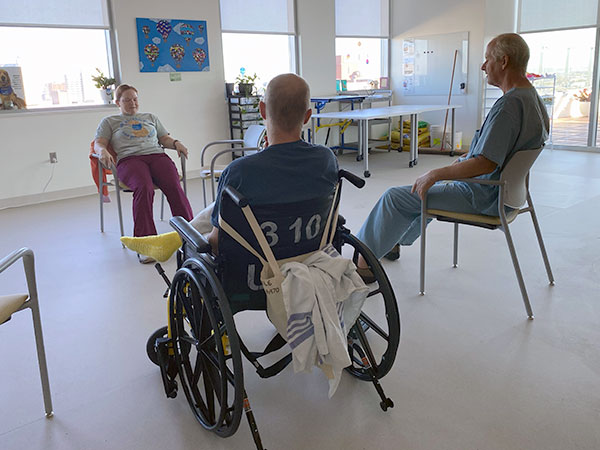
Dr. Rachel Teranishi brings LoveYourBrain Yoga to inpatient rehabilitation at UAB
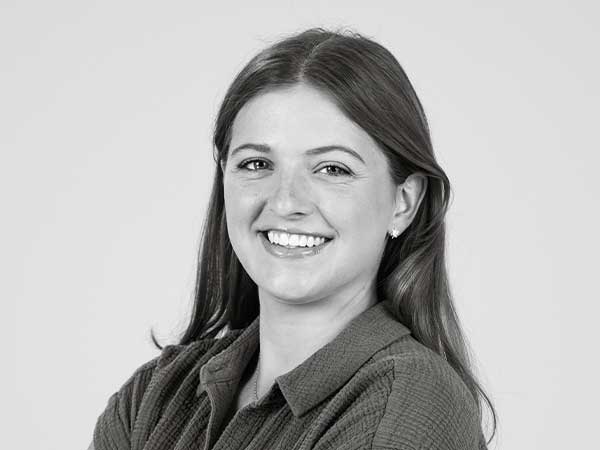
UAB Master’s Student Explores Music’s Impact on Exercise for People with Parkinson’s
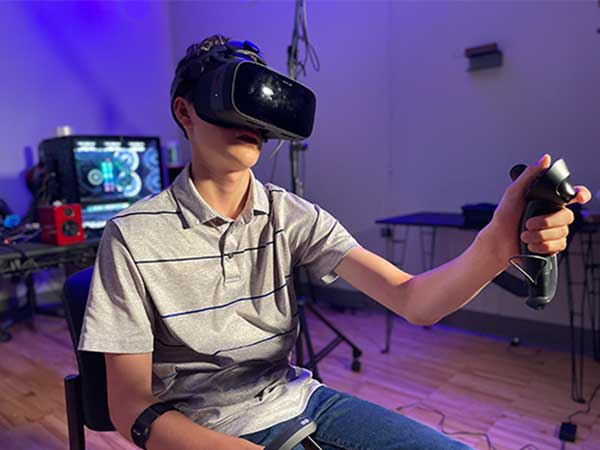
Lai using CEDHARS pilot grant to advance cardio exercise options with VR for youth with disabilities
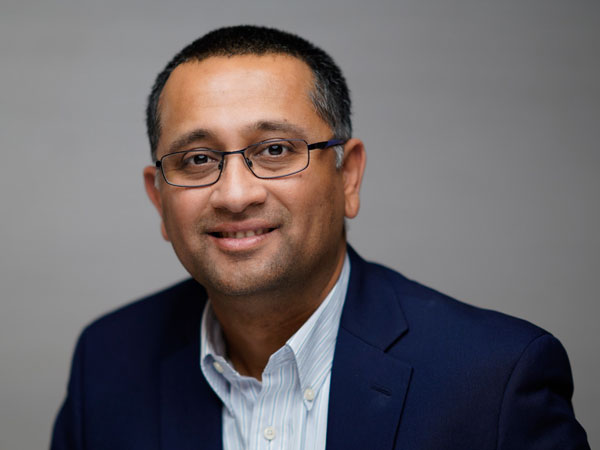
UAB to contribute lead voice in telehealth policies with $3.8 million HRSA grant
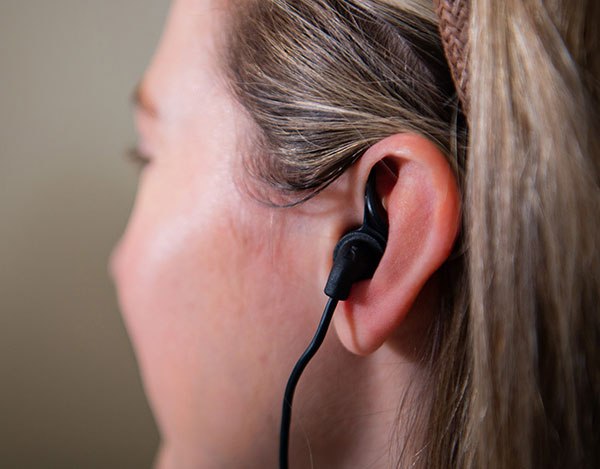
Non-invasive neuromodulation boosts physical therapy
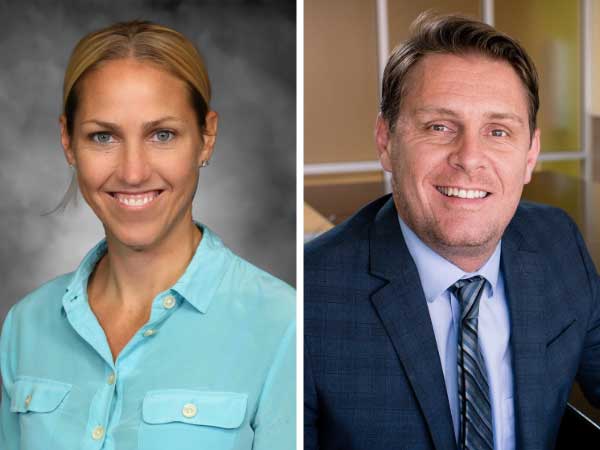
CEDHARS Grant Exploring Link Between Gut Microbiome, Chronic Pain
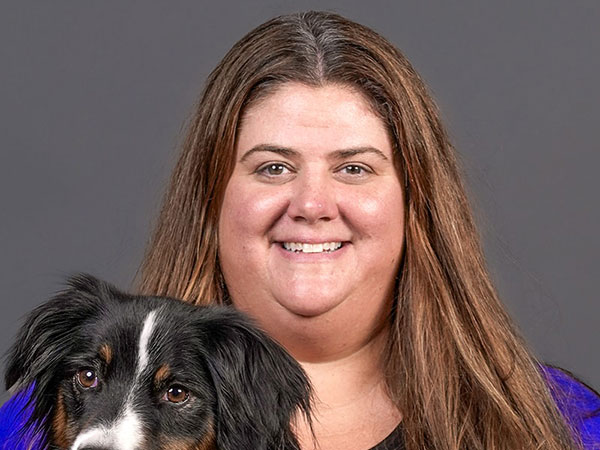
CEDHARS pilot grant laying groundwork for one of largest service dog studies ever
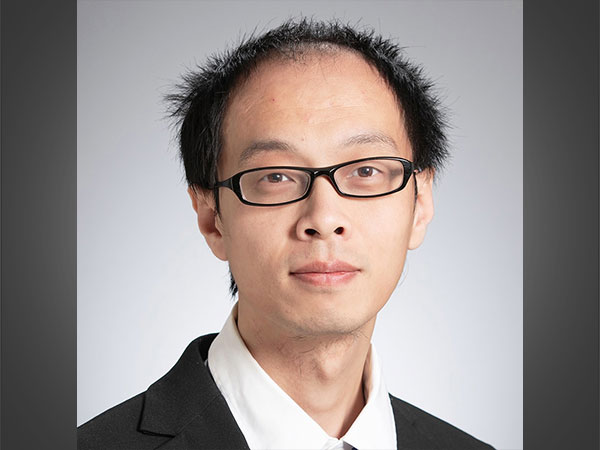
Zhang receives CEDHARS pilot grant to study opioid use in Medicaid population
Dr. Hao Zhang, assistant professor in the UAB Department of Health Policy and Organization, has received a pilot grant from CEDHARS.
Read more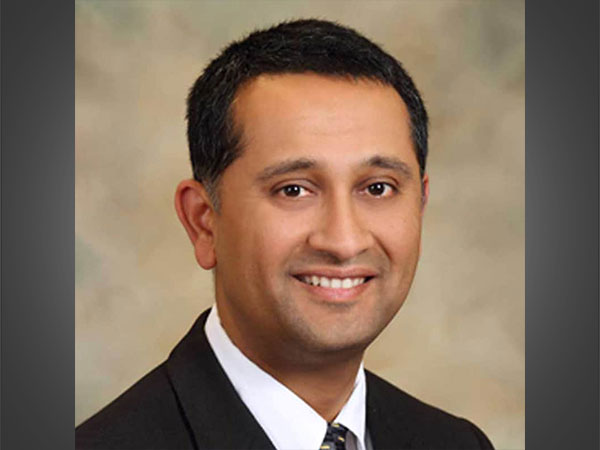
Tapan Mehta honored for mentorship, research impact
Dr. Tapan Mehta has never viewed mentorship as just a professional responsibility, but more as a legacy.
Read more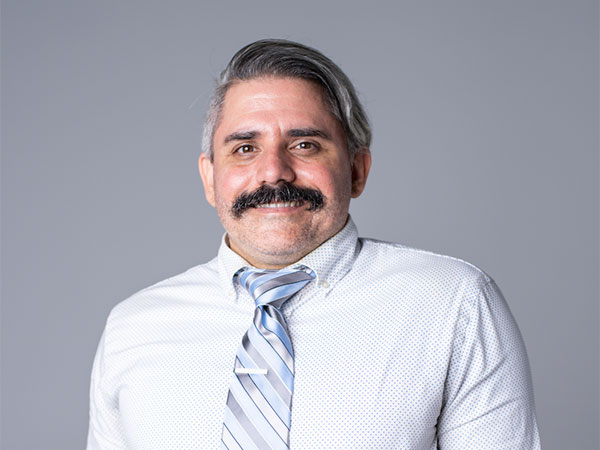
Christen Mendonca named Rett Syndrome Postdoctoral Fellow
Dr. Christen Mendonca, a current postdoctoral researcher at UAB within the Rehabilitation Engineering Research Center on Recreational Technologies (RecTech), has been selected as the first Rett Syndrome Postdoctoral Fellow. He will begin his appointment on August 1, 2025.
Read more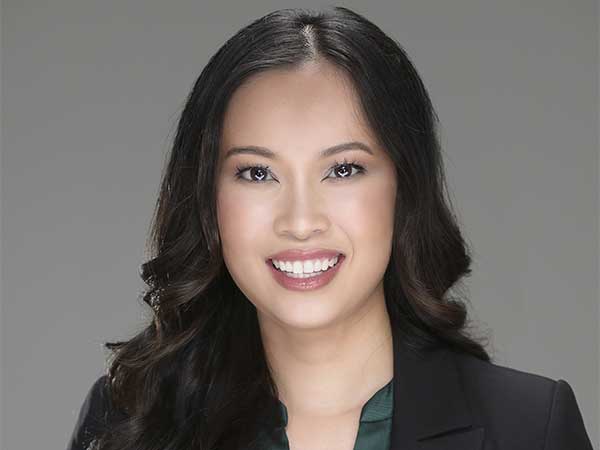
From Displacement to Discovery: Melissa Do’s Journey into Neuroengineering
Melissa Do’s story begins not in a lab or a classroom, but across the Pacific a half century ago, rooted in the courage of her parents who fled war-torn Vietnam in search of a new life.
Read more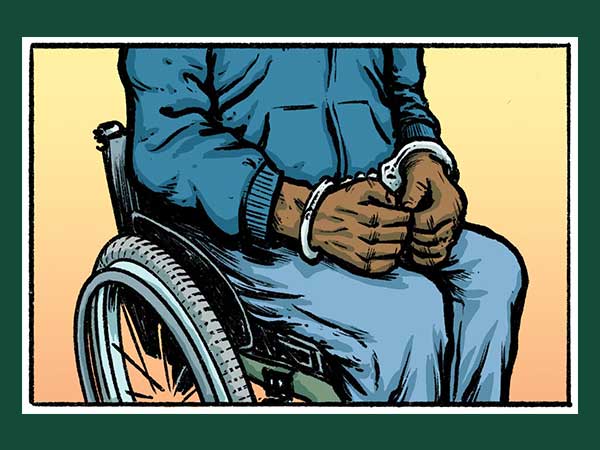
Trending news, stories in the disability community – November 2024
Welcome to the November installment of trending news and stories in the disability community. This edition features stories on U.S. government regulations, personal narratives on the disability experience and more.
Read more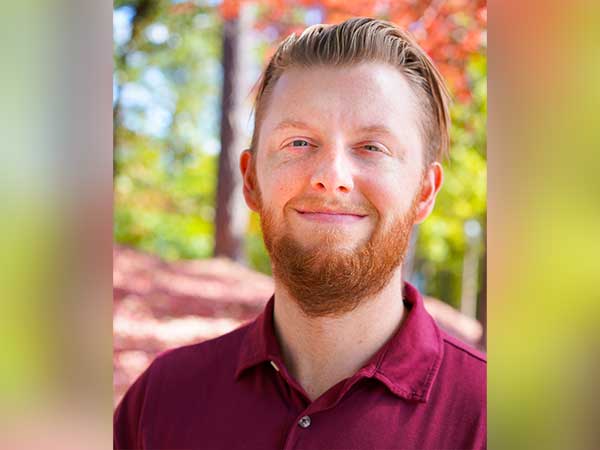
Evans lands research project management position after UAB postdoc
Despite moving to Birmingham in the midst of the Covid-19 pandemic, Dr. Eric Evans will be leaving Birmingham with expert knowledge on rehabilitation research, a wife, life-long friends and a new kidney.
Read more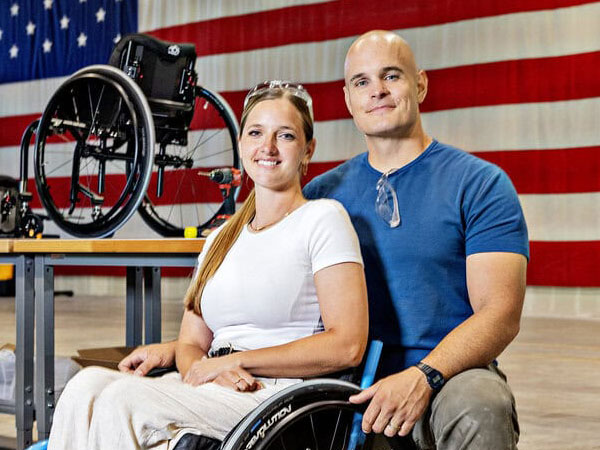
Trending news and stories in the disability community – October ‘24
Welcome to the October installment of trending news and stories in the disability community. This edition features stories on the disability community’s perspective on the presidential election, revolutionary wheelchairs and more.
Read more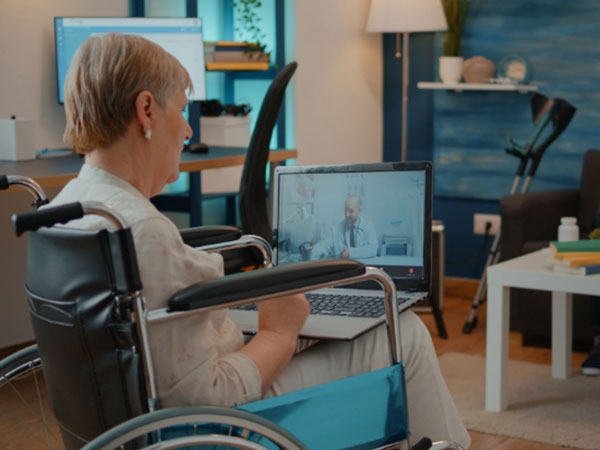
CEDHARS core director receives $11 million PCORI award for primary care research
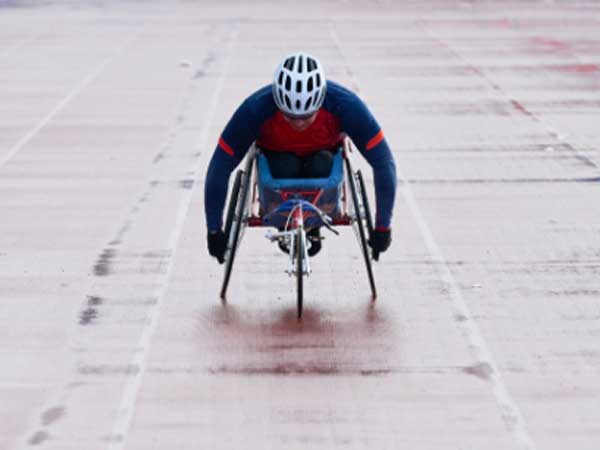
Trending news and stories in the disability community – September '24
Welcome back for the next installment of trending news and stories in the disability community. This edition features stories on accessibility in U.S. sports venues and Paralympic athletes.
Read more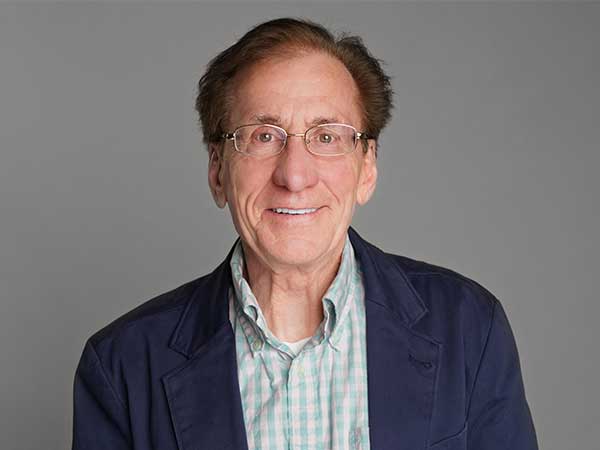
Dr. Rimmer named 2024 recipient of Sam Brown Bridge Builder Award
CEDHARS Director Dr. Jim Rimmer, inaugural Lakeshore Foundation endowed chair in health promotion and rehabilitation science in the UAB School of Health Professions, was named the 2024 recipient of The Sam Brown Bridge Builder Award.
Read more